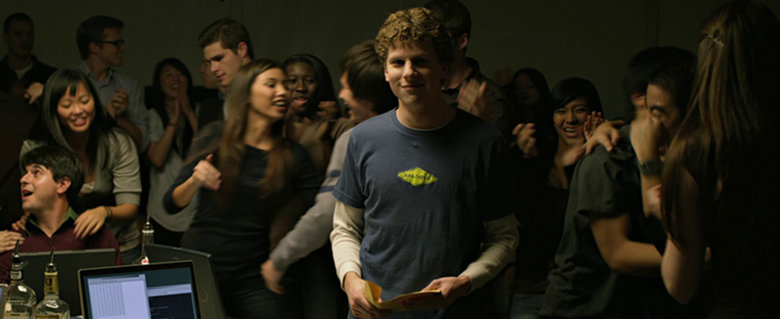Large companies are increasingly conducting external hackathons, attracting specialists and simply creative people from all over the world. The search for a solution to a new problem or a fresh look at an old problem takes place in a tense and at the same time inspiring atmosphere. In part, the spirit of innovation and creativity has become one of the reasons for the popularity of such competitions.
Internal hackathons are also not lagging behind and replace the old, very costly and not always justifiable team building. Double benefit: colleagues not only made friends and met in an informal setting, but also solved a problem that their hands could never reach in their daily work routine.
Moreover, some organizers try to make the hackathons themselves unusual: they make them thematic, place the participants in unusual locations or conditions, expand the geography or limit the technologies used. At the very least, this makes the hackathons stand out from the crowd of others and draws attention to them, and as a maximum, it puts the participants in even more stressful, even extreme situations, which encourages them to give their best. We will tell you about the hackathons that surprised us the most.
Train hackathon
Last year Belarus and Latvia organized a joint hackathon: it started in Minsk and took place on the Minsk-Riga train. The idea, according to the organizers, was to explore and bring together the startup and business ecosystems of the two countries.
Especially for the hackathon, an additional carriage was attached to the train, in which the participants and mentors were traveling. And in Riga on the platform they were met by the Minister of Economy of Latvia. The participants attended master classes and mentoring sessions, learned how to create a business model, identify demand and find investors.
We visited the innovation cluster of the Riga University of Technology, People Work coworking spaces and Swedbank. By the way, this is not the first hackathon of this kind: a group of British railway companies and the UK Department of Transport organized a Hacktrain in 2015. One hundred and fifty people – developers, engineers, designers and entrepreneurs – took part in the train hackathon to improve the UK rail system. The train went from London to York, the competition lasted 48 hours. The prize fund was £ 25,000, and the best ideas were given the chance to present their projects to ministers and senior management of railway companies.
Airplane hackathon
Another unusual hackathon took place during the flight from Hong Kong to London. The organizers of the Hack Horizon event set out to improve the overall travel experience by creating new customer service solutions. Hong Kong International Airport (HKIA), Heathrow Airport, Travelport, Skyscanner, MTR and Regal Hotels have teamed up to deliver this extraordinary flight and expand the legacy of the travel business. A total of 32 developers, designers and entrepreneurs have been selected from nearly 700 applicants from around the world.
Depending on their skill set, the participants were divided into teams of 3 to 5 people and were asked to create an innovative solution for hotels and airports right on board a British Airways aircraft. The guys had the best technologies of the travel industry and the API of the necessary services at their disposal. They also had the opportunity to receive advice and support from invited mentors and experts. As a result, in 72 hours, the participants created 8 prototypes of solutions to painful problems that arise during the trip.
Among the ideas were: a blockchain-based secure baggage transfer system, a smartwatch built using deep learning that personalizes the passenger experience at the airport, a digital service for parents organizing long-term stays of their children abroad. Hack Horizon immersed the hackathon participants on a real journey and gave them the opportunity to receive quick feedback from travelers so that they can focus on real travel weaknesses.
Beer hackathon
In April 2018, the Beerhack beer hackathon took place in Zurich and Rheinfelden. One of the main partners and organizers was the largest Swiss brewing company Feldschlösschen. The assignments were aimed at solving issues of transportation, packaging and technological process during the production of beer. A total of 66 people took part in the competition.
And the three winners received prizes: 3,000 Swiss francs each and a chance to take a three-month course on implementing their startup from another organizer, Swiss Startup Factory Accelerator. Interesting fact: during the event, 400 beers were drunk.
